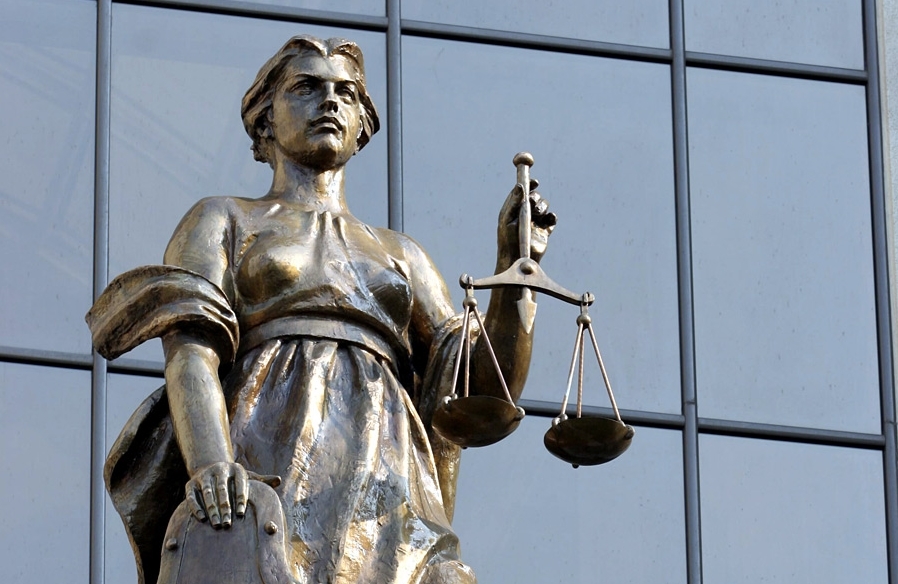Constitutional court allows pirates to be fined without taking into account the damage

The Constitutional Court of the Russian Federation concluded that the punishment for digital piracy should be made on the basis of the identity of the pirate, and not on the proven amount of damage caused, according to Izvestia.
"Due to the specifics of intellectual property, right holders are limited in their ability to establish the exact or at least approximate amount of losses incurred by them (especially in the form of lost profits)," stated in the court decision. Subject to this logic, the courts will be guided in the course of sentencing not by the proven amounts of damage caused to the holder, but by the fact of piracy.
The decision of the Constitutional Court unties the hands of other courts in terms of convictions on the very fact of piracy (the sale of goods that violate intellectual property rights). According to the current legislation, in case of copyright infringement, the right holder has the right to request double the amount of the damage caused to the violator, or compensation in the amount of 10 thousand to 5 million rubles. Often the courts are obliged to pay both amounts: the damage and compensation.
The decision of the Constitutional Court has already been taken into account during the consideration by the appellate court of the merchant's case with stickers from Ryazan. The latter caused Masha and the Bear LLC damage in the amount of 7 rubles , however, on the basis of a decision of the Constitutional Court, the appellate court found him guilty and ordered to pay compensation in the amount of40 thousand rubles for violation of the three trademarks of the plaintiff.
“The amount of the requested compensation depends on who is on the“ other side of the barricades ”. It's one thing if this is a student who, for the first time in his life, has set up an illegal program for money. It’s quite another - if a large organization engages in piracy, with its own lawyers, ”said Anna Lavrinova, deputy director of the nonprofit partnership of software vendors.
The precedent with a guilty verdict to a dealer with stickers that caused meager damage to the plaintiff opens up a wide field for rightholders to prosecute ordinary users. If previously the court had to take into account the extent of the damage (which is minimal in case of individual piracy), then right holders will be able to insist on receiving “compensation” for any copyright infringement. Just because it was, and not because it caused significant damage.
I do not agree with the position of the COP ombudsman for intellectual property Anatoly Semenov. In his opinion, within the framework of civil lawsuits (these are exactly cases involving piracy), the need to pay compensation and its size should be determined based on the size of the damage caused, and not from the judge’s preferences. “The purpose of civil proceedings is to restore the violated rights, not punishment,” he said. Semenov recalled that now in the Russian Federation there is not a single registry of copyrighted works (as opposed to patents and trademarks).
